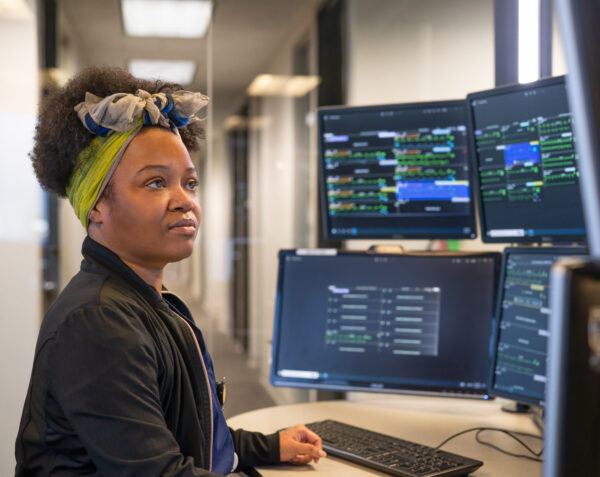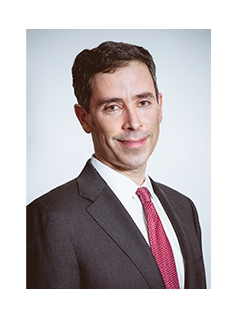Dr. Sriraman Srinivasan shares a “Day in the Life” perspective about his role as a tele-Intensivist with Advanced ICU Care in answering questions from MedGadget. In the article, Dr. Srinivasan, or Dr. Ram as he prefers, offers perspective from his dual experiences as both a bedside intensivist and a tele-Intensivist. He even found the opportunity to weave in discussion of his passions, including flying.
The conversation covers a broad range of topics associated with tele-ICU, including;
- The enablement of care through data sharing and communication interfaces
- The different vantage points of bedside intensivists and tele-intensivists, even though they draw upon the same knowledge and experience
- The opportunity for all types of hospitals, independent of size and staffing model, to benefit from tele-ICU
- Increasing the comfort of patients and their families with tele-ICU as part of their care
- How communication, thorough processes, and experience are important for anticipating and overcoming potential technical challenges presented by providing care remotely
In sum, Dr. Ram conveyed his excitement about the tele-ICU model and the fact that it is increasingly recognized as the new standard of critical care.
CLICK HERE to read the interview.


